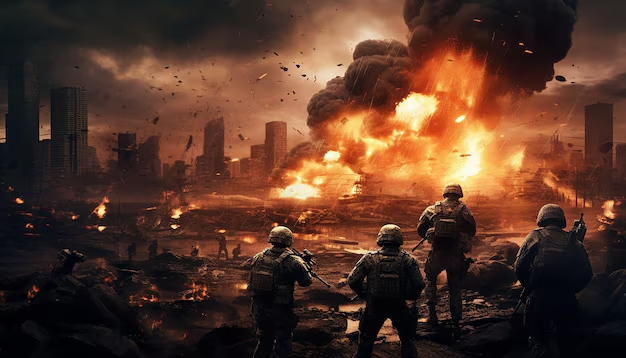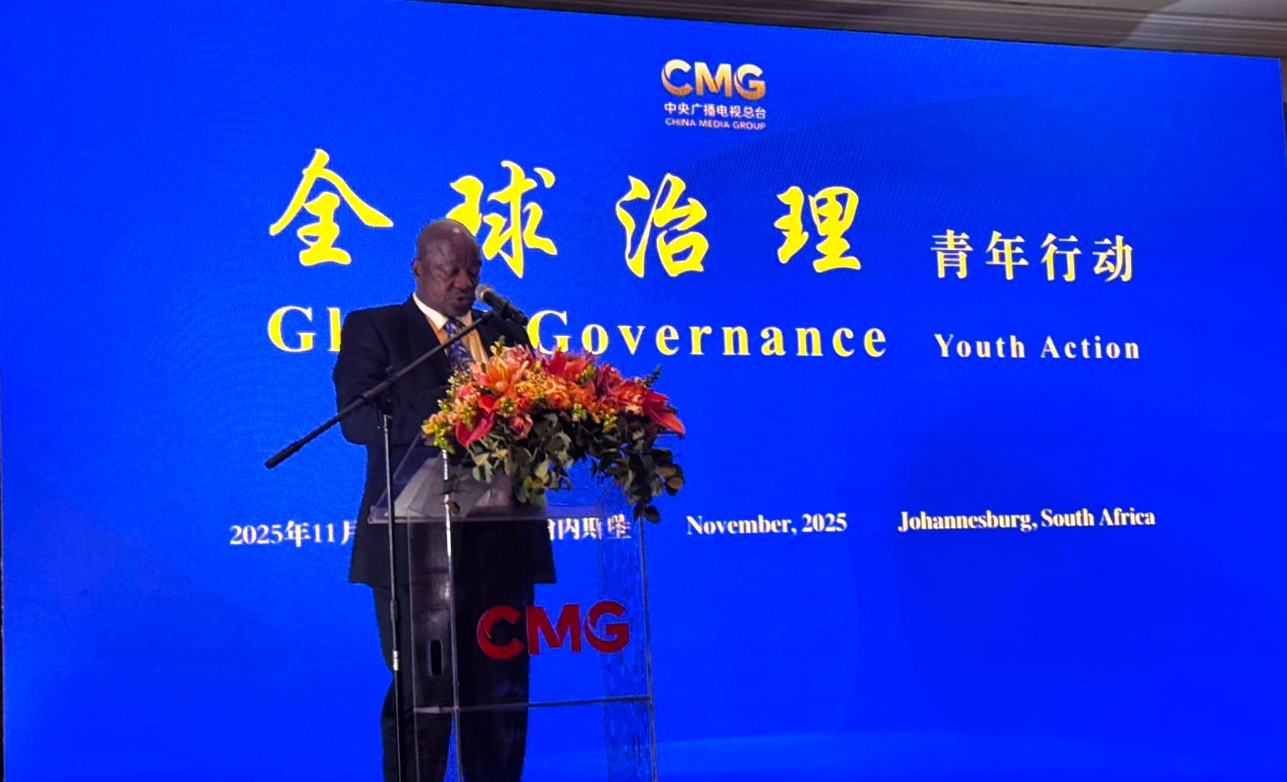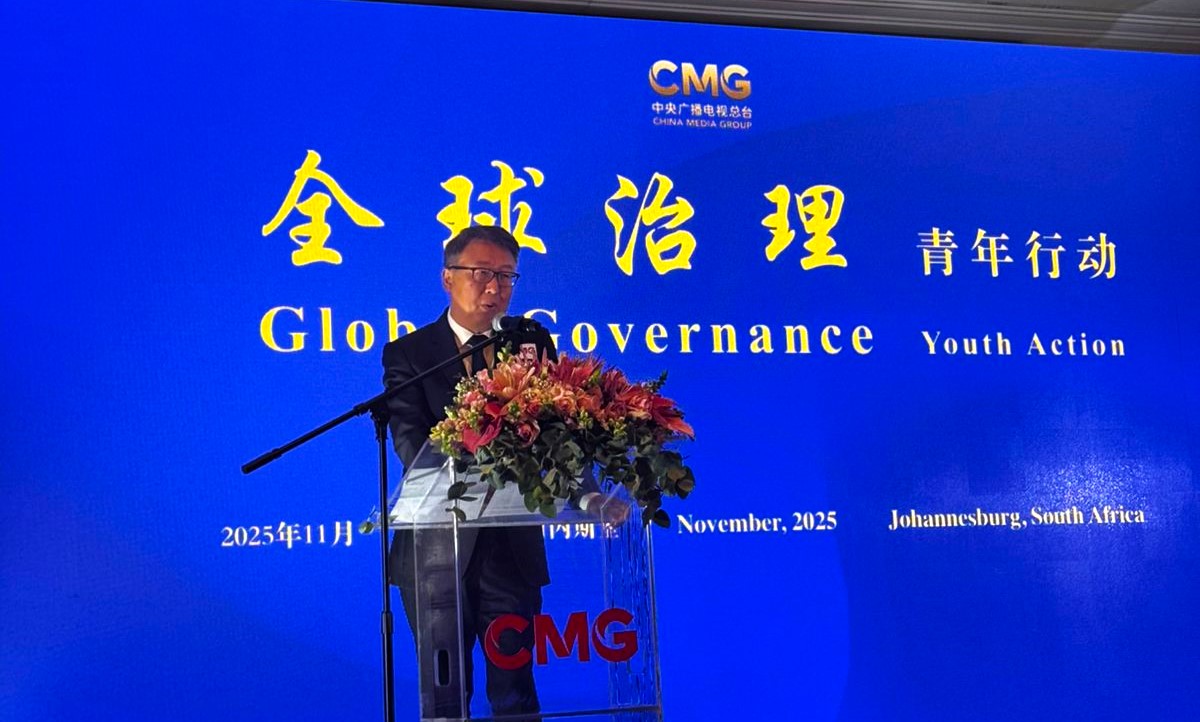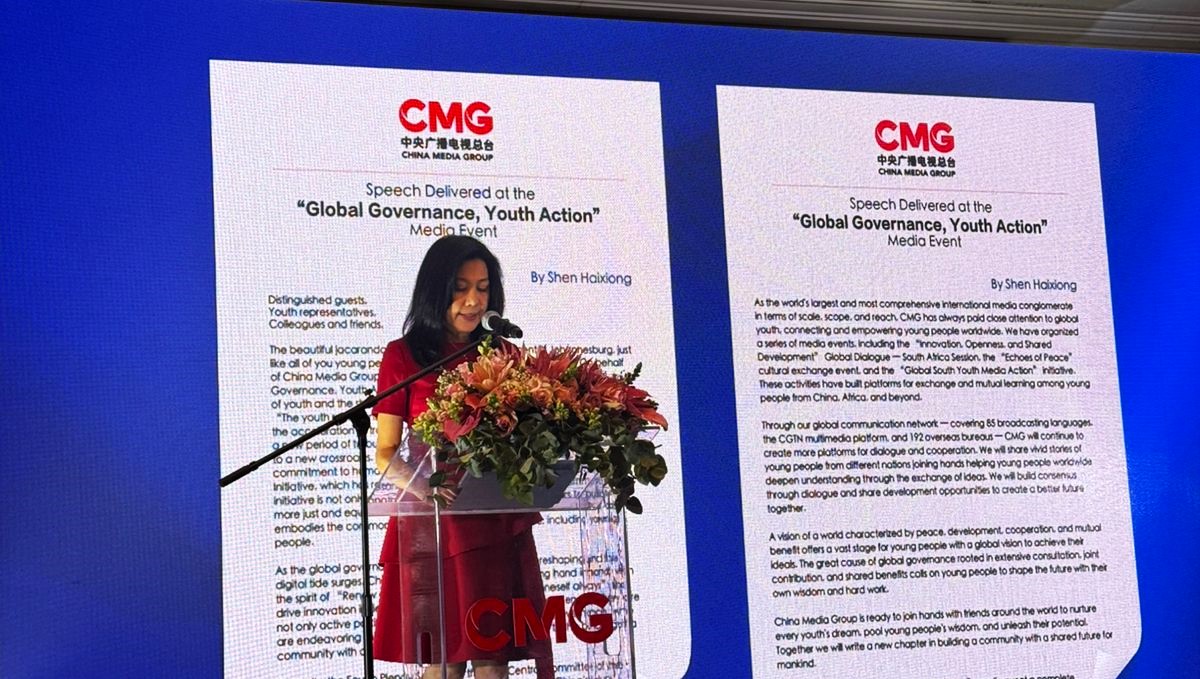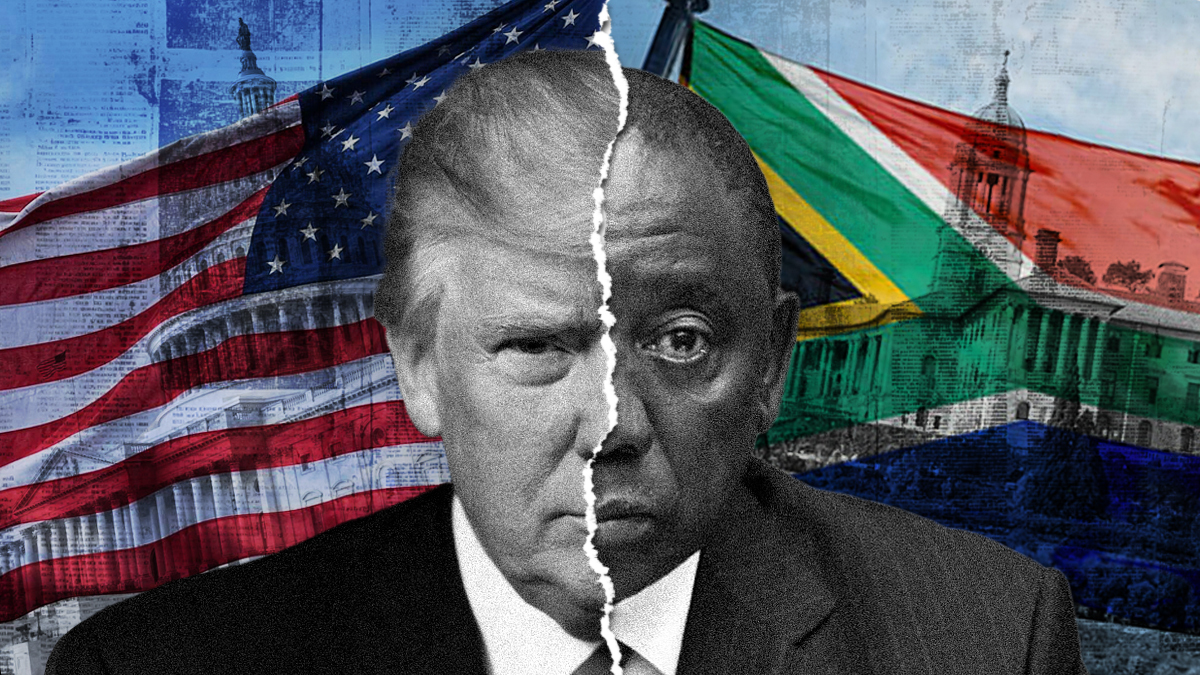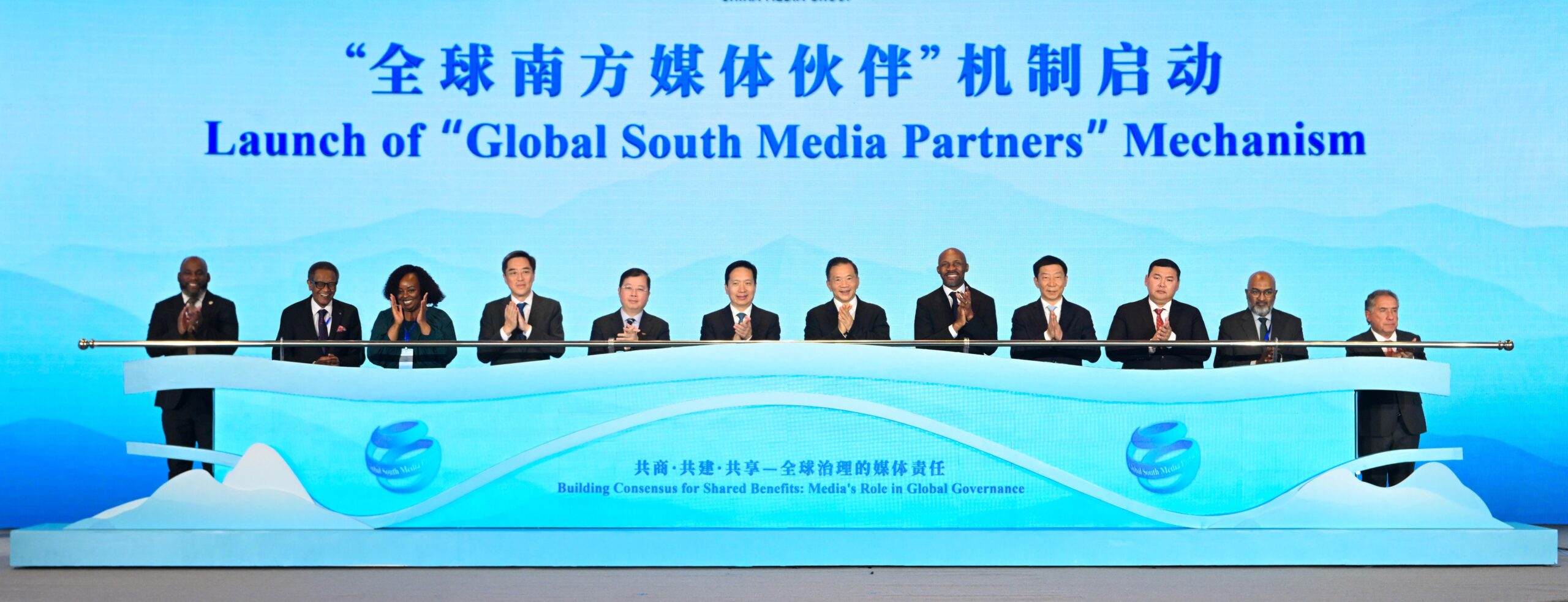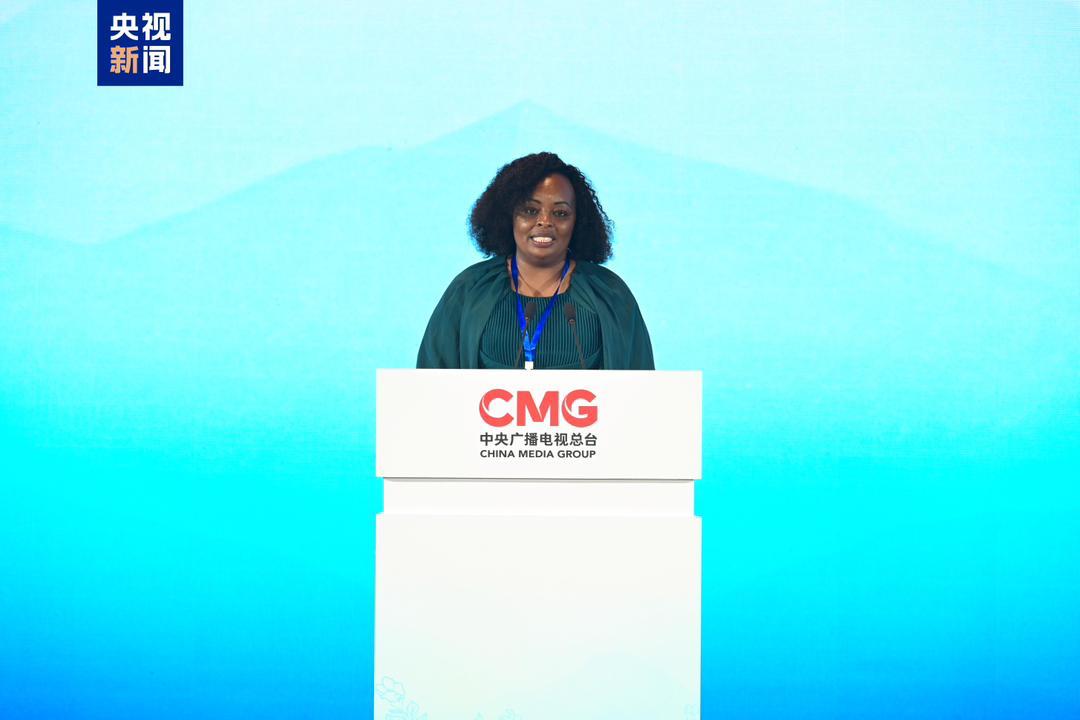President Donald Trump’s yo-yoing foreign policy continues to cause unprecedented ructions in international relations, with his sudden adoption of a hard stance against Russia the latest example of the dreaded unpredictability in diplomacy.
One expert has likened President Trump’s cantankerous approach to foreign relations to a “monkey playing with a hand-grenade”.
In a typical flip-flop move this week, the US leader gave Russia 50 days to make a deal on ending the war with Ukraine or face 100% tariffs. In addition, President Trump announced that he was immediately undertaking a programme to supply weapons to NATO for use in Ukraine at a cost of up to trillion dollars. “America will manufacture and supply, and NATO will pay,” he said.
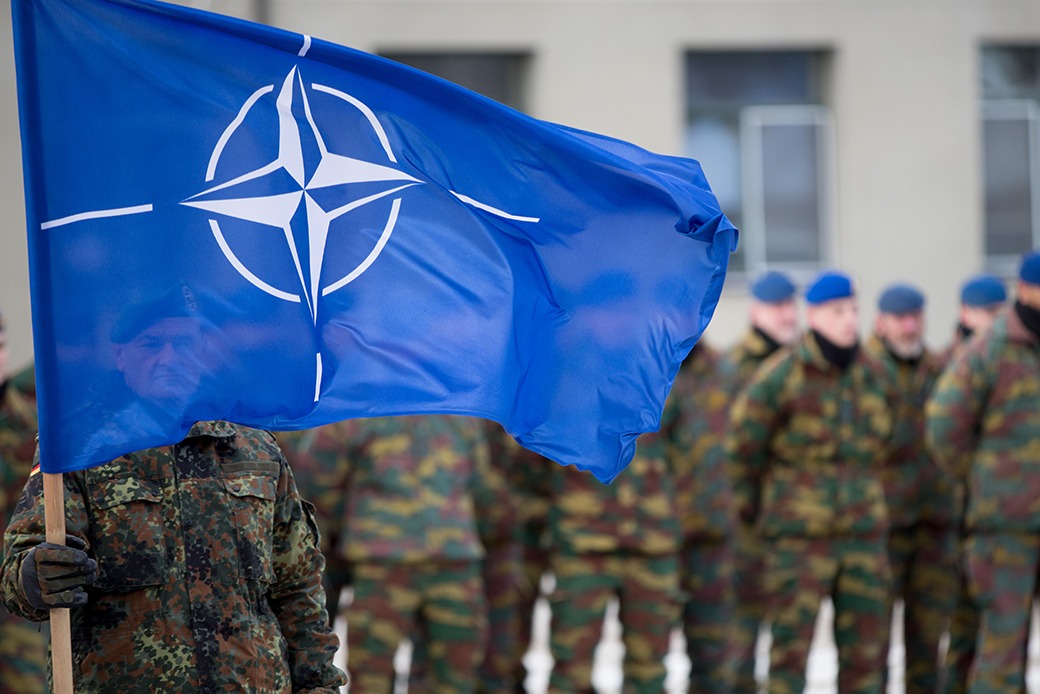
Leading NATO member-states – the UK, France and Germany under the new Chancellor Friedrich Merz has been leading the charge to arm Ukraine to the teeth, and have enthusiastically flirted with the idea of direct involvement in the conflict to defeat Russia. However, the apprehension to go into war with Russia without American backing has delayed the urge to confront Russia more directly. Instead, the three nations have led a public relations ramp-up of rhetoric against Russia, vowing to do everything in their power to ensure the attainment of a Ukrainian victory. On the information warfare front, the West started off by successfully cutting off the impactful Russian international TV station, Russia Today (RT) from its pre-war global reach. This was part of the strategy to win outright the Foucauldian battle over the framing of discourse, thereby influencing public opinion against Russia. However, the advent of technology and social media has ensured the plurality of voices outside of the control of the traditional mainstream media. As such, RT continues to available on other platforms such as the Telegram.
Lately, NATO has been particularly desperate to keep the Trump administration in the closest proximity, particularly in the wake of glaring indicators that President Trump may no longer subscribe to NATO’s Article 5 that refers to “an attack on one is an attack on all”.
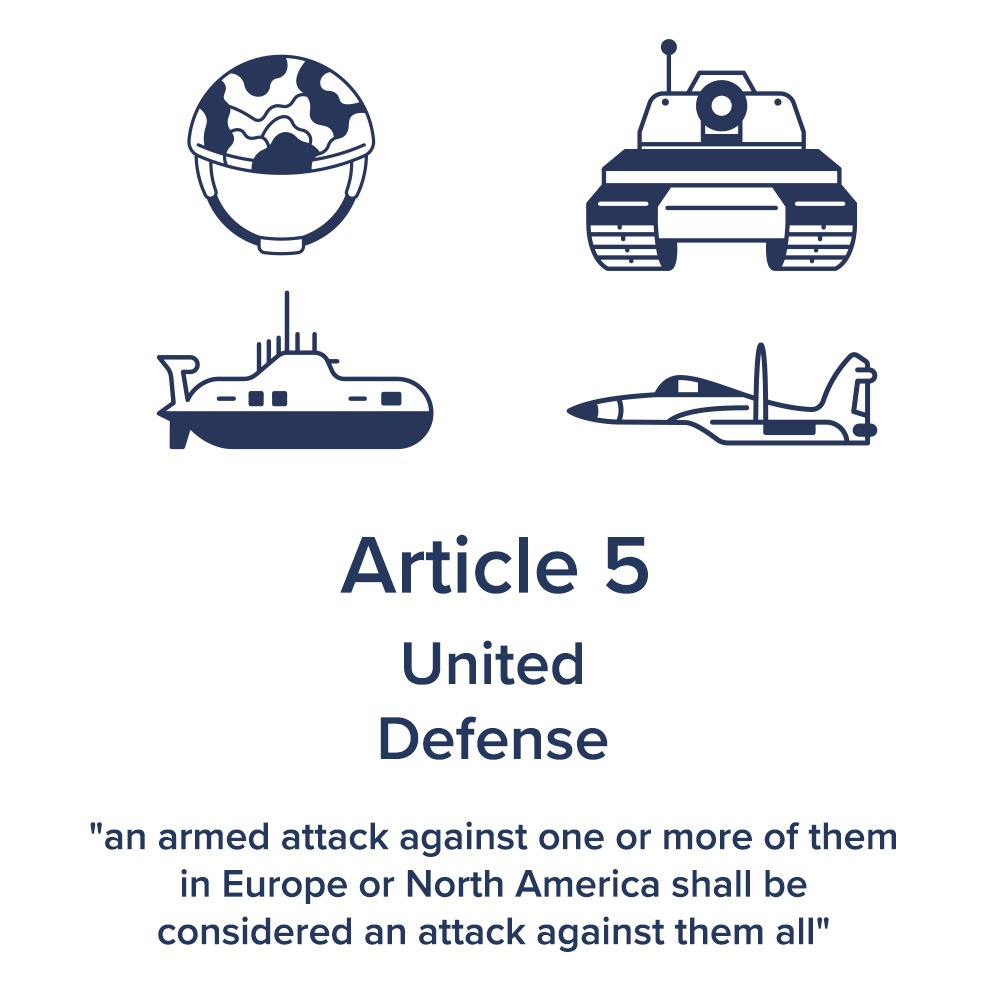
The desperation to woo President Trump was too conspicuous at the recent NATO summit in the Netherlands. Trying too hard to endear himself to President Trump, NATO Secretary General Mark Rutte went as far as referring to the US president as “daddy”. The summit ended on a positive note for members, at least publicly, concealing the simmering differences inside the offensive military bloc.
But NATO’s jubilation could be short-lived. A week in politics can be long, but 50 days is definitely too long. A lot can happen in that time. A lot can change. I bet a lot will change. President Trump is desperate for a Nobel Peace Prize. Stopping the conflicts in Ukraine and Gaza is the White House’s top priority. Any hindrance to the attainment of set objectives will be met with tariffs, sanctions, diplomatic isolation and military might.
Moscow insists that the Kremlin is willing and ready to negotiate a truce with Ukraine. However, in ending the conflict, Russian President Vladimir Putin insists that the root causes of the war need to be addressed as part of a permanent solution, and not a short-cut to the Nobel Prize. The fundamental concerns, according to Moscow, include NATO’s expansion to Russia’s door-step, the threat to Russia’s national security and overall resetting of the geopolitical architecture, among others.
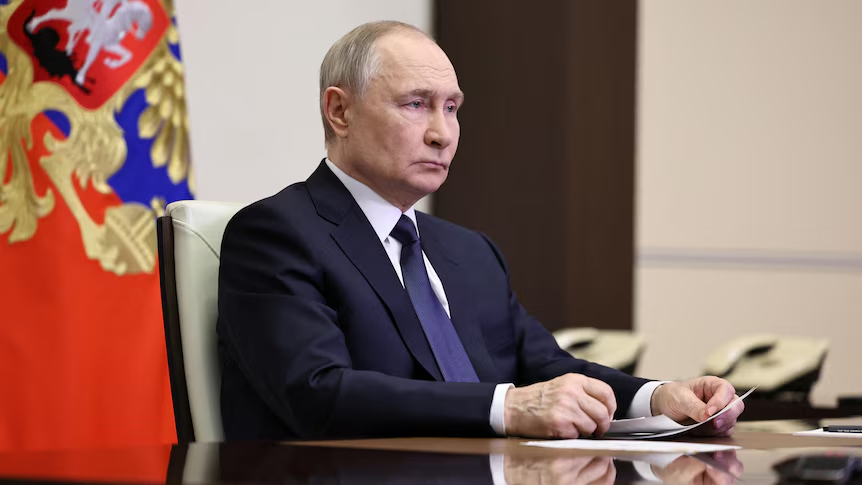
As things stand, Russia seems the least worried about Washington’s latest threat of punitive measures. Instead, it is NATO that must worry – a lot. The unpredictable nature of President Trump’s foreign policy, the culture of acting on the spare of the moment and the deep sense of omnipotence ensures that only the US leader knows what tomorrow brings. By the same token – and to be honest to President Trump – he, too, may not know what’s next on his to-do list until that moment dawns.
But it is President Trump’s critical nature of unpredictability in diplomacy that I’d like to focus on. It is made more important, and perhaps urgent, by the similar utterances of the members of President Trump’s inner circle who one day say similar things in line with their principal, and the next day everything said is negated publicly by the principal himself.
To illustrate this factor, I want to take a draw on the utterances of key figures in the Trump administration, starting with the President himself. A few months ago, President Trump and his team publicly claimed that Ukraine “is a corrupt dictatorship with no path for military victor”. He further accused Zelensky of “talking” the US into spending 350 billion dollars in Ukraine and then said the money was “missing”.
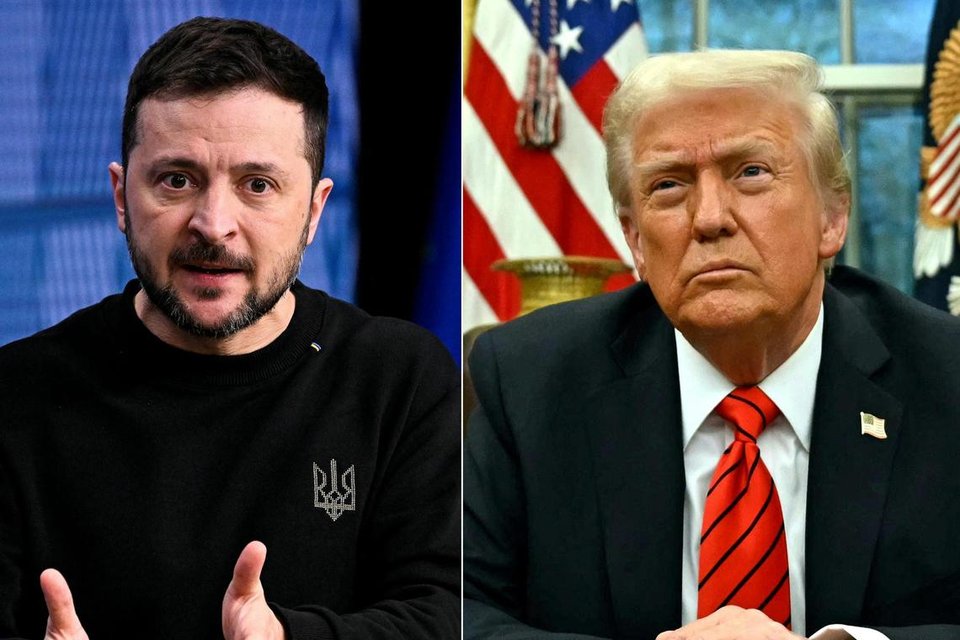
And then, JD Vance, the US Vice President, said: “Zelensky shouldn’t tell the American taxpayers what to do.” Marco Rubio, the Secretary of State, said President Trump was “rightly upset with the Kiev regime” after the President had remarked that Zelensky was a “dictator without election”.
Director of National Intelligence Tulsi Gabbard also blasted Zelensky “for banning opposition media, parties, the Orthodox Church, suspending elections and the constitution to stay in power”.
Additionally, FBI Director Kash Patel asked where “the 100-plus billion dollars in Ukraine aid went”? He added: “The American people are owed that answer – it’s our taxpayer dollars.”
And then, former National Security Adviser, Mike Waltz, said: “Ukraine was and is one of the most corrupt countries in the world.”
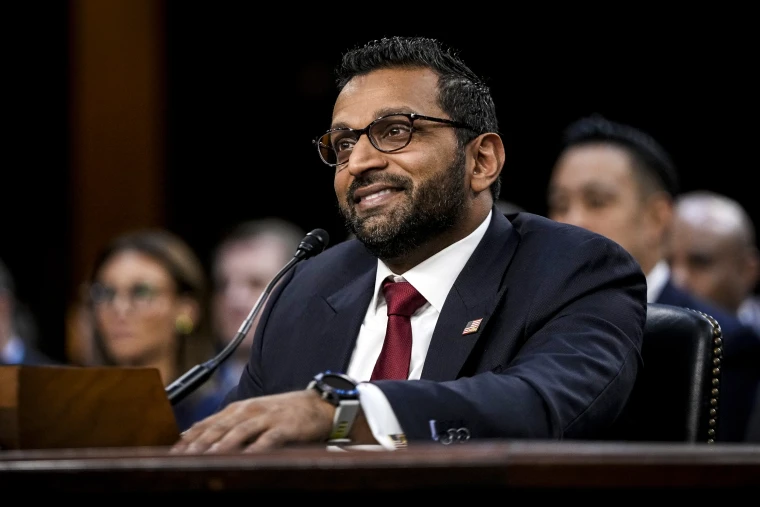
Such public utterances had given the clearest hint about what the Trump administration thinks about Ukraine. It is unfathomable to equate such remarks with a desire to send more weapons to Ukraine – directly or indirectly.
The flip-flop demonstrated by this week’s President Trump’s U-turn on Ukraine – arming Kiev through a third party in the form of NATO, does little to inspire global confidence in Washington’s foreign policy. It blows hot and cold. It goes with the weather conditions. It obeys money? So many questions, so many answers needed.
According to veteran financial analyst and director of Goncharoff LLC, Paul Goncharoff, trust in the US is crumbling worldwide.

Referring to President Trump’s threat to sanction BRICS nations with a 10% tariff, Goncharoff said: “Threatening most of the nations of our planet with unrealistic sanctions or tariffs if they trade in their own currencies and not with the US dollar is a poor way to gain trust.” The effect of the unipolar tariffs by the Trump administration makes the US look like “a monkey playing with a grenade” in the eyes of the international community, Goncharoff concluded.
Russia seems not bothered by President Trump’s threats and ultimatums. Moscow wants amicable truce, not a short-cut path to peace that would mainly serve President Trump’s ambition to receive a Nobel Peace Prize. Not long ago, the US leader was waxing lyrical about his Russian counterpart, praising him for being astute and eager to end the war.
Moscow has in its arsenal abundant stockpile of nuclear weapons to defend itself against a NATO war. It is so unnecessary because the WWIII will devastate the Earth with nukes. They may also not be anything that survives, least of all humans. That could be the price to pay if peace continues to be pushed away in favour of military confrontation.
